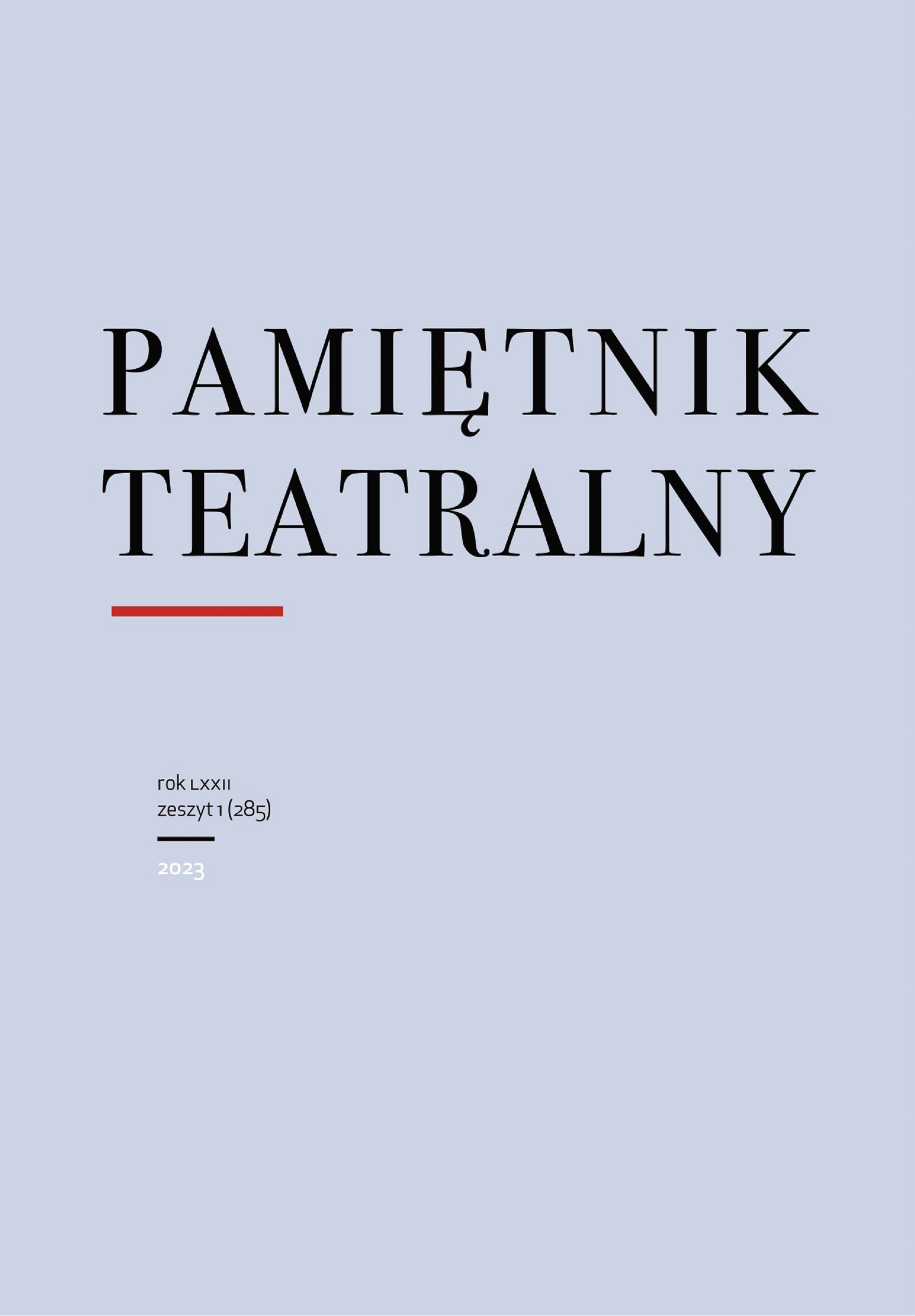Pocieszne wykwintnisie
Molière’a Farsa na kobiety?
Molière’s The Affected Ladies: A Farce against Women?
Author(s): Piotr OlkuszSubject(s): Theatre, Dance, Performing Arts, History of Art
Published by: Instytut Sztuki Polskiej Akademii Nauk
Keywords: Molière; 1600–1700 theater; Les Précieuses ridicules; farcical comedy; préciosité; reception of Molière;
Summary/Abstract: Molière’s Les Précieuses ridicules (The Affected Ladies), his first great success, is re- garded today as one of his most controversial works, as its main comic characters are women aspiring to independence. The interpretative tradition concerning this play has taught us to see it as a satire on the milieu of Madeleine de Scudéry, now considered as one of the most progressive women of the seventeenth century (and, for some, as a forerunner of feminism). The readers’ response to The Affected Ladies thus seems to be a barometer of their attitude towards women’s empowerment. The author posits that this dispute over The Affected Ladies is not so much about Molière’s comedy itself as about its simplifying, traditional interpretation. He discusses the origins of the work in order to highlight genre-related aspects: The Affected Ladies is a farcical comedy written primarily as a response to a specific theatrical situation, so focusing the interpretation on its questionable satirical potential seems to be going too far. An important interpretative context is also provided by recent ob- servations of historians of 17th-century French literature, who have questioned the existence of the world of the affected ladies (and the whole préciosité movement), suggesting that Molière invented this milieu, which therefore belongs to the order of representation rather than reality.
Journal: Pamiętnik Teatralny
- Issue Year: 72/2023
- Issue No: 1
- Page Range: 19-47
- Page Count: 29
- Language: Polish

